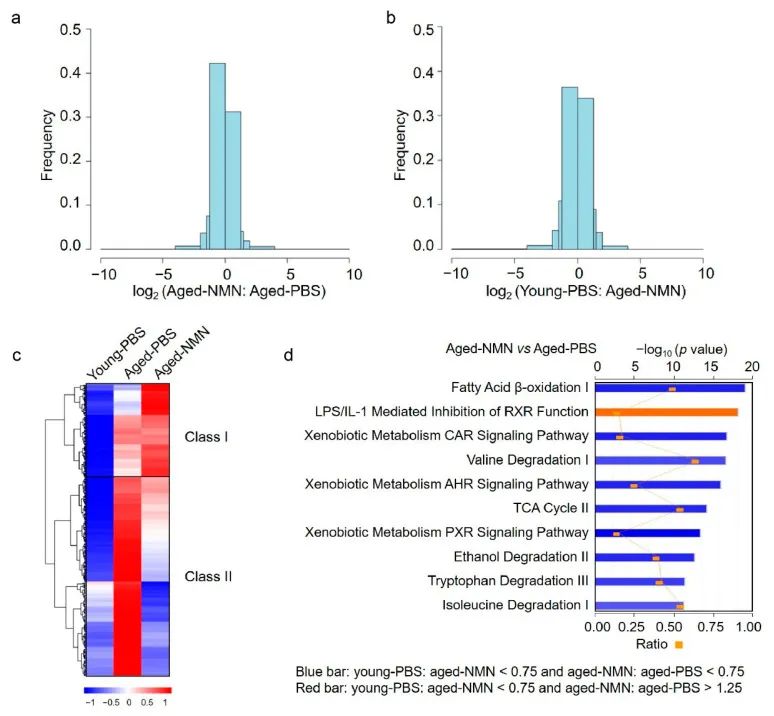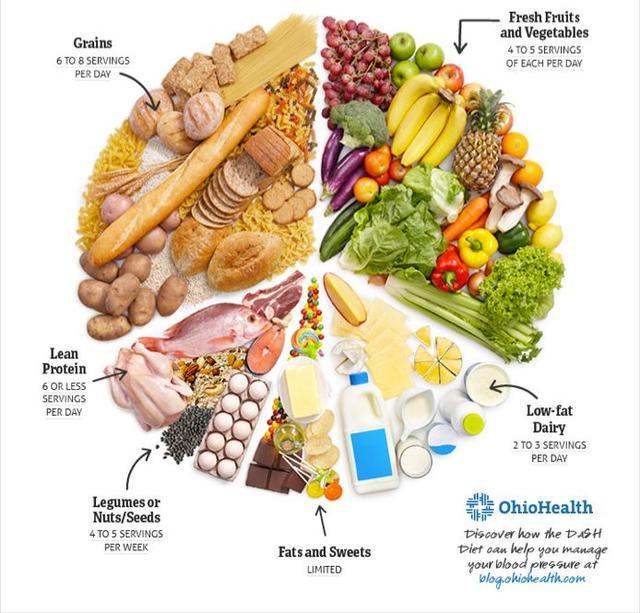Drinking tea, whether black or green, is a modifiable lifestyle change for dementia prevention.
Dementia has become an important public health problem and the main cause of disability and death in the elderly. Global data show that there are about 55 million dementia patients in the world, and there are even more than 10 million new cases every year. More and more animal experiments and population studies have shown that drinking tea can effectively inhibit brain aging and improve cognitive dysfunction.
In order to find out the relationship between tea consumption and dementia, Yu Jintai, a professor at Huashan Hospital affiliated to Fudan University and a researcher at Tianqiao Institute of Brain Science (TCCI), conducted a nine-year large-scale study on more than 370,000 participants. Prospective cohort study. The results showed that drinking tea reduced the risk of dementia by 16% compared with those who did not drink tea; in addition, there was a U-shaped association between the amount of tea consumed and the risk of dementia, that is, the optimal intake was 3 cups /sky. The research results were published in Translational Psychiatry, a sub-journal of Nature. (*1cup≈250mL)

A total of 377,592 healthy participants from UK Biobank were included in the baseline, with an average age of 58.49 years, 54.3% of whom were female, and about 85.1% of the participants reported "drinking tea" (including black tea and green tea). After a median follow-up of 9.09 years, 5122 cases of dementia were recorded.
Cox proportional hazards regression models showed a significant association between tea consumption and reduced risk of dementia. Overall, tea drinkers had a 15.9-18.1% lower risk of developing dementia compared with non-tea drinkers. Specifically, moderate tea consumption was associated with a lower risk of dementia. 1-2 cups/day reduces the risk of dementia by 17.7%; 3-4 cups/day reduces the risk by 20.8%; 5-6 cups/day reduces the risk by 19.7%. However, when tea consumption exceeded 6 cups/day, the risk of dementia was no different from non-tea drinkers.

Association between tea drinking and dementia risk in a Cox proportional hazards regression model
Age-stratified subgroup analysis results: Risk-adjusted models showed that drinking 1-6 cups of tea per day reduced the risk of dementia by about 17-26% in middle-aged individuals, but this association disappeared in later life. In other words, drinking tea in middle age can reduce the risk of dementia more, and it will be too late to drink tea when you are old.
Results of gender-stratified subgroup analysis: For women, drinking 3-4 cups per day is the least likely to develop dementia (HR=0.800). And this association was more pronounced in men, with drinking 1-6 cups per day significantly reducing the incidence of dementia in male participants by 19-22%.
Results of subgroup analysis stratified by dementia type: Compared with participants who did not drink tea, participants who drank 1-4 cups of tea per day were 16.3-19.1% less likely to develop Alzheimer's disease (AD), but HR becomes insignificant beyond 5 cups. In vascular dementia (VD) events, drinking 1-6 cups of tea per day can reduce the incidence of VD in participants by 25.0-29.2%.

Association between tea consumption and risk of developing dementia by type of dementia
The researchers further used restricted cubic splines (Restricted cubic splines) to simulate the association and confirmed the existence of a U-shaped nonlinear relationship between tea consumption and dementia.
After adjusting for all covariates, the risk of developing dementia was at its nadir when drinking 3 cups of tea per day. When the amount of tea consumed was <3 cups/day, drinking one more cup of tea per day reduced the risk of dementia by 5.7%. Specific to each hierarchical category, similar results were observed.
In summary: Drinking tea, whether black or green, is a modifiable lifestyle change for dementia prevention. Moderate tea consumption (1-6 cups/day) significantly reduces the risk of all-cause dementia, Alzheimer's disease, and vascular dementia compared with non-tea drinkers. In addition, there is a U-shaped association between tea consumption and dementia risk, so 3 cups of tea per day is recommended to have the strongest protective effect, especially for middle-aged men.
Disclaimer: The contents of the pictures and texts are compiled from the Internet and do not represent the position of this platform;
If the content of the article involves copyright and other issues, please contact us in the background to delete it.





